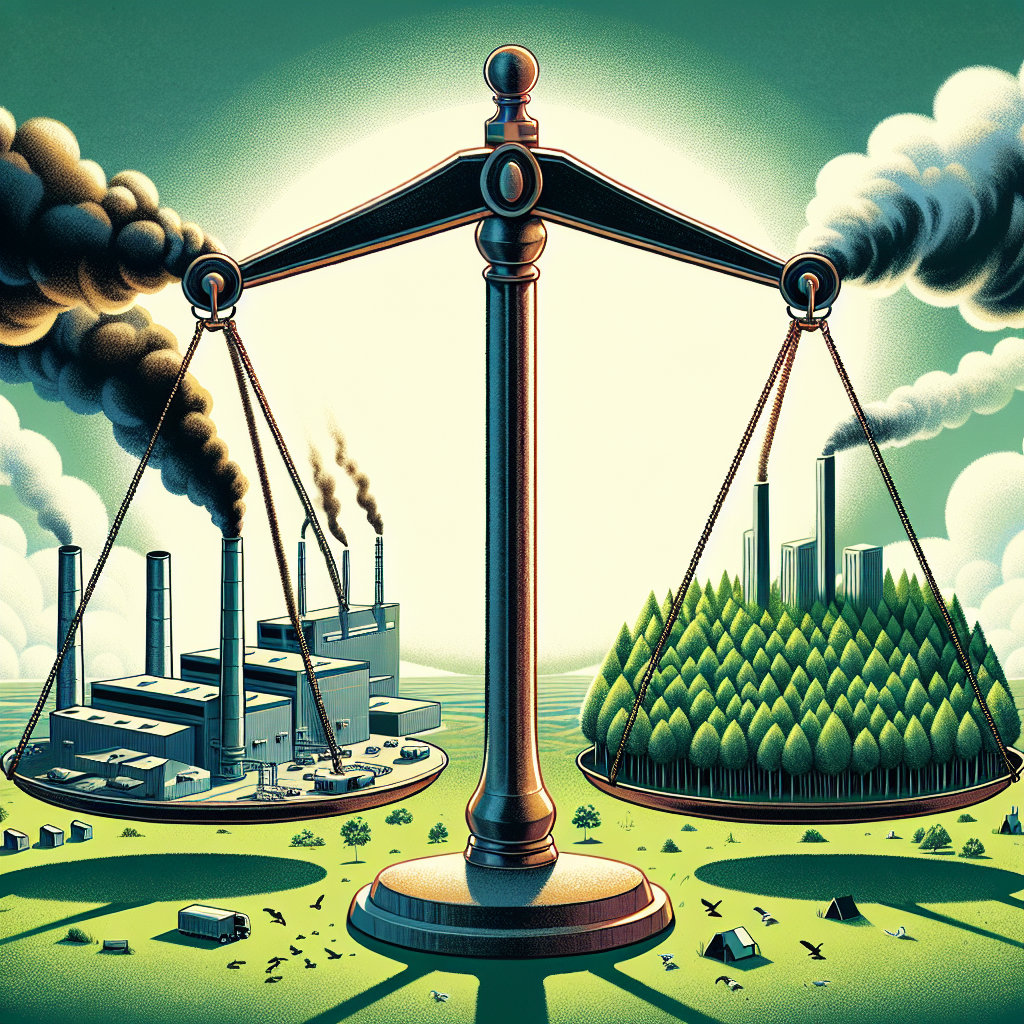
Corporate lobbying has long been a defining feature of the policy process, particularly in areas where regulations determine the cost and scope of doing business. Environmental regulations, designed to protect natural resources and mitigate the impact of climate change, have often found themselves in the crosshairs of powerful lobbying efforts. Yet, as societies become more environmentally conscious and transparent governance becomes the norm, the future of corporate lobbying in this sphere is poised for transformation.
Historically, lobbying has been a double-edged sword for environmental policy. On one hand, industries have used their influence to weaken regulations they perceive as obstacles to profit. On the other, some forward-thinking companies have lobbied in favor of robust, scientifically grounded standards that foster innovation and long-term stability. Moving forward, the balance of these interests is likely to shift as public scrutiny intensifies and the financial benefits of sustainability become more evident.
One of the most significant drivers of change is the democratization of information. With the proliferation of digital platforms and investigative journalism, the activities of corporate lobbyists are becoming more visible than ever. This growing transparency is forcing companies to align their lobbying strategies with public values or risk reputational backlash. Stakeholders, from consumers to investors, are increasingly demanding that lobbying dollars reflect stated commitments to environmental responsibility.
Moreover, global financial markets are tipping the scales further. Sustainable investment tied to Environmental, Social, and Governance (ESG) criteria is burgeoning, and companies out of step with these trends may find themselves sidelined. Lobbying in favor of lax environmental controls could translate, in dollars and cents, to higher borrowing costs, declining share prices, and lost opportunities with green investors. Conversely, proactive lobbying for strong, predictable regulations can be a competitive advantage, positioning corporations as leaders in an era of climate accountability.
The emergence of international agreements like the Paris Accord is also reshaping the landscape. Governments are under pressure to deliver on climate commitments, often strengthening domestic policies as a result. Corporations operating globally must increasingly navigate a mosaic of environmental standards, and collective lobbying becomes an instrument for creating harmonized, business-friendly regulations across markets, rather than simply seeking the lowest bar.
Technological innovation is another transformative force. As clean energy, resource-efficient manufacturing, and carbon capture technologies mature, the corporate calculus changes. The cost of compliance with strict environmental standards diminishes, while the potential for new markets and products grows. Lobbyists in this new environment may well find themselves championing ambitious policies that accelerate technology deployment, secure government support, and ensure the playing field favours early adopters.
The future of corporate lobbying is moving away from the traditional adversarial narrative toward a model centered on constructive engagement. Companies will increasingly use their influence to shape regulations that not only protect their interests but also advance the environmental well-being of society as a whole. In this evolving context, lobbyists are becoming partners in progress, helping to forge a sustainable future that balances economic growth with the stewardship of our planet. The next era of corporate lobbying reserves a central place for informed, responsible advocacy that aligns the goals of business and environmental sustainability.